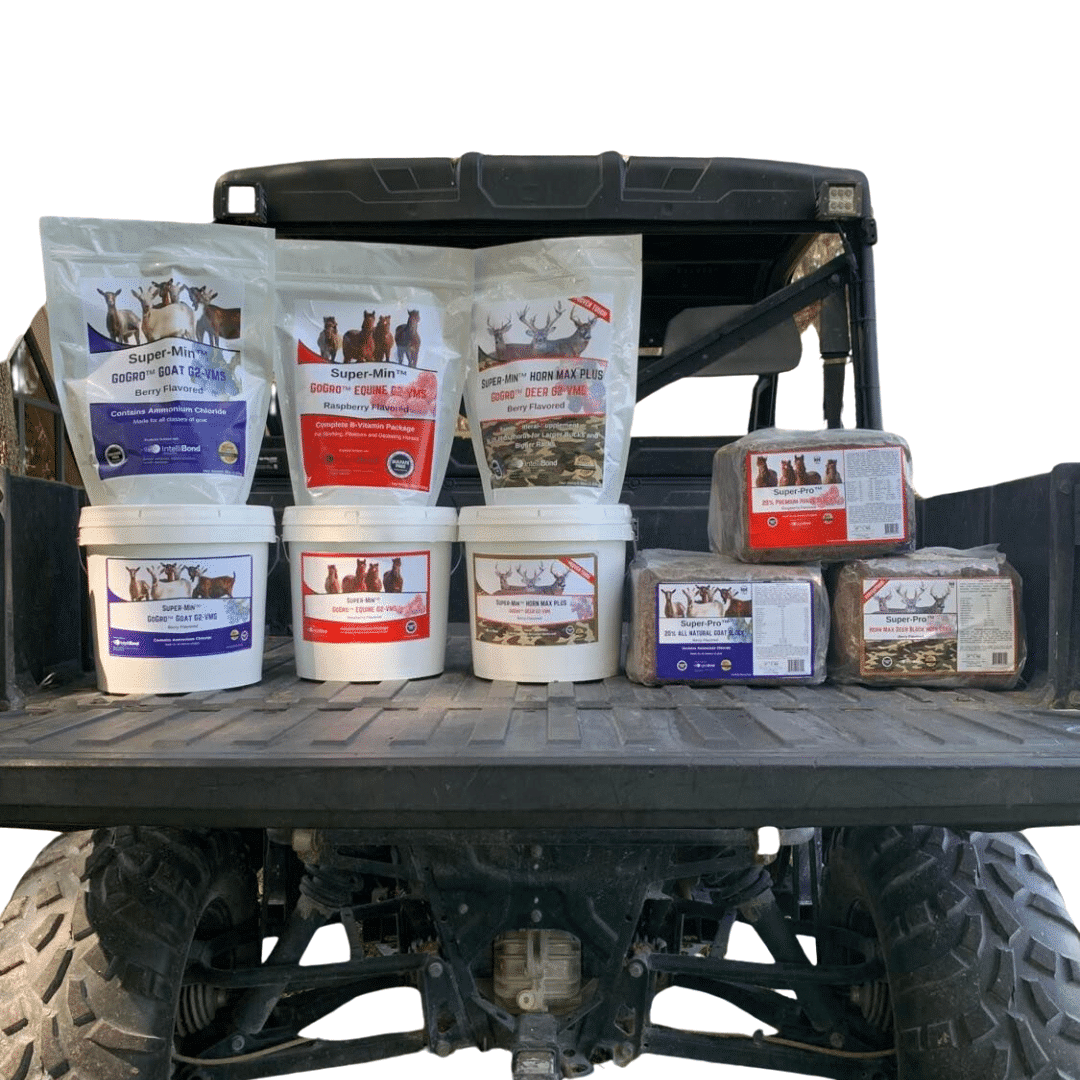Super-Mol Heat Stress Tub
What is Heat Stress?
Heat stress refers to a condition that occurs when the body’s ability to regulate its internal temperature is overwhelmed by external heat and humidity. It can affect humans and animals, including livestock.
Heat stress in animals, including livestock such as cattle, horses, and poultry, occurs when their thermoregulatory mechanisms are unable to cope with excessive heat. Animals are particularly vulnerable to heat stress due to their limited ability to cool down through sweating or panting, especially if they are kept in Many Records Possibleconfined spaces without proper ventilation or shade. Signs of heat stress in animals may include excessive sweating, increased respiration rate, elevated heart rate, weakness, dizziness, nausea, and in severe cases, loss of consciousness or collapse. Heat stress can have serious health consequences and can even be fatal if not promptly addressed.
Signs of heat stress in animals may include excessive sweating, increased respiration rate, elevated heart rate, weakness, dizziness, nausea, and in severe cases, loss of consciousness or collapse. Heat stress can have serious health consequences and can even be fatal if not promptly addressed.
Preventing and managing heat stress involves taking precautions to avoid excessive heat exposure, staying hydrated, seeking cooler environments, and implementing cooling strategies such as shade.
In summary, heat stress occurs when an animal’s thermoregulatory system is unable to effectively regulate internal temperature in response to excessive heat and humidity. It is important to take preventive measures and respond promptly to signs of heat stress to prevent heat-related illnesses and complications.
The Economics of Heat Stress
Some of the economic consequences of heat stress on your cattle and other farm animals:
- During periods of heat stress, cattle tend to reduce their feed intake. This reduction in feed intake can lead to lower weight gain or even weight loss—essentially, backward development.
- Lactating cattle experiencing heat stress may produce less milk, leading to decreased milk yields. This directly affects income and can result in financial losses.
- Heat stress can negatively impact reproductive performance in cattle, leading to reduced conception rates, increased embryonic mortality, and longer calving intervals. This can result in fewer calves being born.
- Heat-stressed cattle are more susceptible to various diseases and health issues, including respiratory problems and metabolic disorders. These health issues can lead to increased veterinary costs and reduced productivity.
- Severe heat stress can lead to cattle mortality or morbidity, resulting in direct financial losses for farmers.
- Heat stress can also affect the quality of meat, leading to lower carcass quality and decreased market value for beef cattle.
Whether you are supplementing tubs or free-choice mineral the addition of Sangrovit for heat stress to your Spring and Summer supplementation program will add 10-20 cents per day, per head versus a non-heat stress supplement. Over the course of a 5-month HEAT season, the additional cost would be approximately $15-30/head.
Based on the many negative economic factors coming from heat stress, Super-Mol™ Tubs and Super-Min™ GoGro™ Mineral are great investments in your cattle.

Basics of Heat Stress in CattleHeat stress in cattle refers to the physiological and behavioral responses that occur when cattle are exposed to high temperatures and/or high humidity levels that exceed their thermoneutral zone. Cattle are more prone to heat stress because they are less efficient at dissipating body heat compared to some other animals. Heat stress can occur in both dairy and beef cattle, and it can have significant negative impacts on their health, well-being, and productivity. When cattle experience heat stress, they may exhibit the following symptoms:
To mitigate heat stress in cattle, various management strategies can be employed, including providing shade and access to cool, clean water, ensuring proper ventilation in housing facilities, adjusting feeding schedules to cooler times of the day, and implementing sprinkler systems or fans to aid in cooling. Additionally, nutritional interventions such as providing heat stress minerals and adjusting the diet to maintain electrolyte balance can help alleviate the impacts of heat stress on cattle. Heat stress minerals play a vital role in supporting the health and productivity of cattle during periods of elevated temperatures. Here are some benefits of heat stress minerals for cattle:
It’s important to note that specific mineral requirements may vary depending on factors such as breed, age, body weight, and the severity of heat stress. Consulting with a veterinarian or an animal nutritionist can help determine the appropriate heat stress mineral supplementation for your cattle, considering their specific needs and environmental conditions. |
SUPER-MOL HEAT STRESS TUB WITH SANGROVIT® AND FLY AWAY GARLIC FOR CATTLE
Heat Stress Ingredients from PhytobioticsSangrovit® is a phytogenic feed additive that supports the animal during heat stress so it can better respond to environmental stressors. Sangrovit® contains Isoquinoline alkaloids (IQs), a natural extract from Macleaya cordata, which has been shown for more than 20 years to have an anti-inflammatory effect that supports gut health by promoting feed intake and supporting the digestibility of nutrients. In addition, a study at the University of Melbourne, Australia, showed a reduction in respiration rate and rectal temperature in animals supplemented with Sangrovit®, which allowed energy to be channeled into health and performance rather than combating the effects of heat. Benefits of Sangrovit®:
Animals remain calmer and more focused on eating and drinking rather than combating stress. By using Sangrovit®, cattle have a better chance to fight against the stress caused by the increase in temperature.
|

Basics of Heat Stress in Horses
EQUINE SOLUTIONS COMING SOON TO FMS



